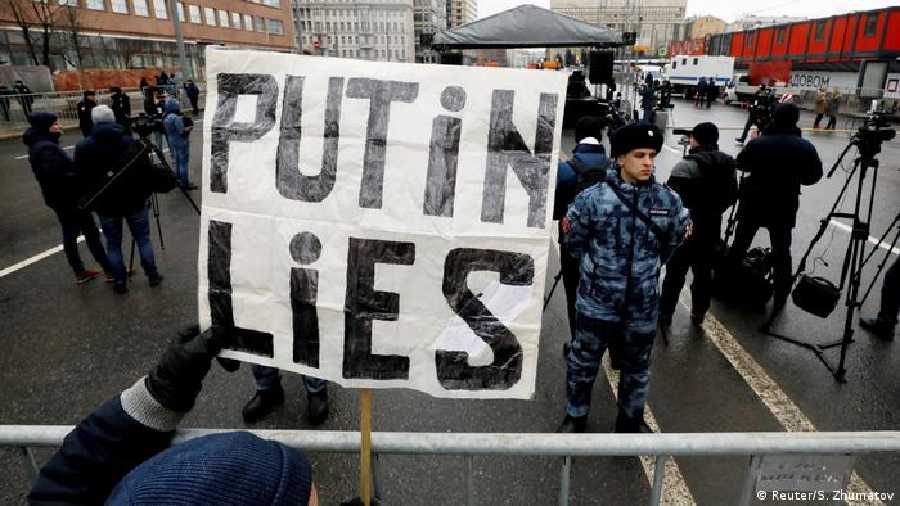In the weeks after Russia invaded Ukraine, German lawmakers cautiously proposed ways to cut their country’s ties to Russian natural gas. The heads of some of Germany’s leading industrial companies, long reliant on Russian gas, wanted no part of it.
Martin Brudermüller, chief executive of the chemical maker BASF, one of Germany’s biggest corporations, warned in April that a cutoff of Russian energy “could send the German economy into its worst economic crisis since the end of World War II”.
Now the price of gas has soared, recently hitting five times what it was a year ago, and Gazprom, the Russian energy monopoly, continues to keep Germany’s chief executives on high alert by periodically throttling energy flows. The next temporary shutdown starts on Wednesday, when, Gazprom said, it will shut down the Nord Stream 1 pipeline for three days for repairs. But companies across Germany have been finding ways to continue operating.
They are firing up coal plants or shifting production of some products abroad. They are even considering making deals with rival firms to share energy. Chief executives say that by adjusting to the new reality, they are in a better position to live with less natural gas. “We are in crisis mode, but we are not panicking,” Brudermüller said in an earnings call in July.
Germany has filled its gas storage tanks to more than 82 per cent capacity, well ahead of schedule to prepare for winter. Analysts said this was possible, even after Russia had cut routine deliveries via Nord Stream 1 to only 20 per cent of normal capacity because companies had found ways to use less natural gas.
“The reduction in industrial gas demand that we have seen is not because of a large output loss or economic downturn in these sectors,” but because of flexibility in production or the ability to find import substitutions, said Clemens Stiewe, an economist at the Hertie School in Berlin, who has studied energy savings in German companies.
Not every manufacturer can operate with less gas. And no one knows how Germany, Europe’s largest economy and the one most reliant on Russian gas, will fare this winter when chilly weather causes gas demand to soar. But BASF, for one, said it had begun using oil instead of gas to generate power and steam, and reducing production at its European plants that use a lot of gas, especially its facility in Ludwigshafen, described as the world’s largest chemical complex.
Detailing BASF’s efforts in the earnings call, Brudermüller said the company was scaling back ammonia production, which requires natural gas and seeking to buy it from outside suppliers.
Ammonia plays a key role in the manufacturing of fertilizer, plastics and other products.
Hans Engel, BASF’s chief financial officer, indicated that the company was also relying on an ammonia plant the company runs as a joint venture in Freeport, Texas, where production is cheaper because the price of natural gas in the US remains a fraction of that in Europe.
The EU has proposed that its members reduce their overall consumption of natural gas by 15 per cent. Germany is going further, targeting 20 per cent to prevent rationing in winter.
The government in Berlin issued orders last week to limit the heating of public buildings to no more than 66 degrees Fahrenheit and to ban the use of illuminated advertisements overnight.
German cities and states have already ordered public buildings and municipal swimming pools to reduce their temperatures, turn off hot water in public restrooms and dim the lights on monuments across the country as additional measures to save energy. Private households, which combined use the most energy in Germany, have already shaved about 6 per cent off their gas use this year.
A government programme is encouraging them to do more, dropping their thermostats by one degree in the coming winter. If Russia cuts gas supplies so much that the government orders rationing, Germany’s industrial producers could face limits on the amount of gas they consume, even as households and essential services would be spared.
Team sat a federal agency are crunching the numbers to determine priorities if rationing becomes necessary. That pressure has encouraged the workarounds that have emerged in recent months. Evonik, a speciality chemicals company that makes products used in refrigerators, face creams and violin strings, also relies on gas for power.
(New York Times News Service)











